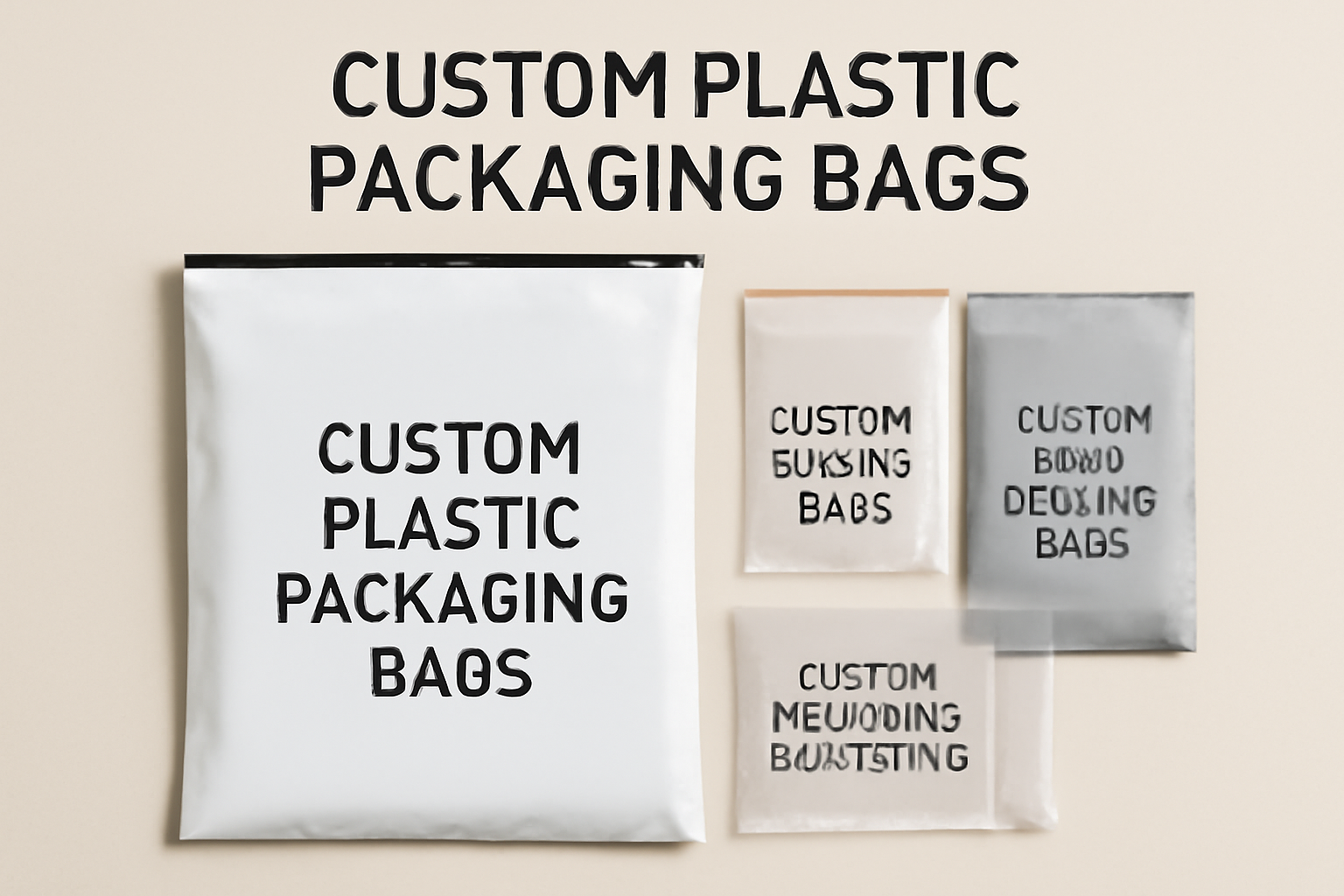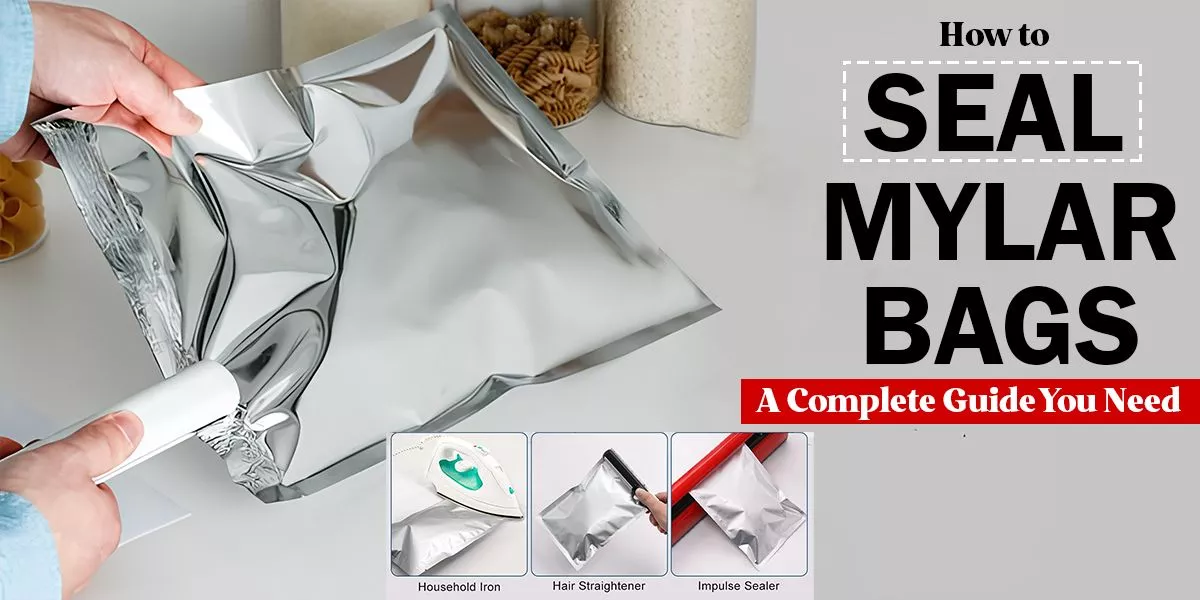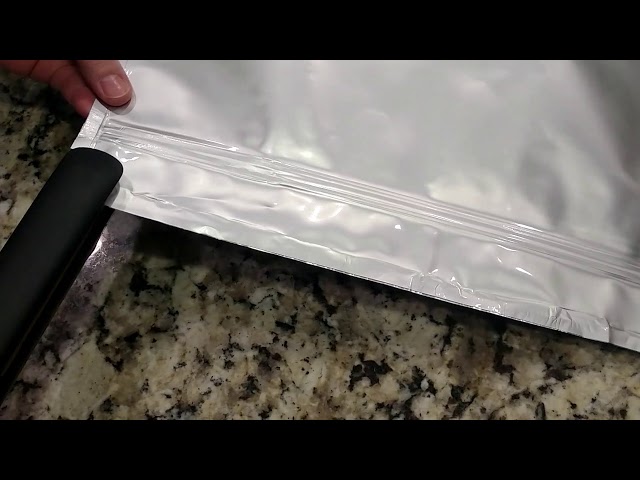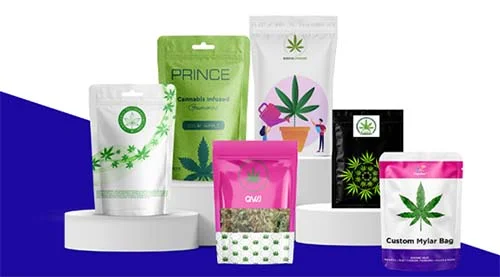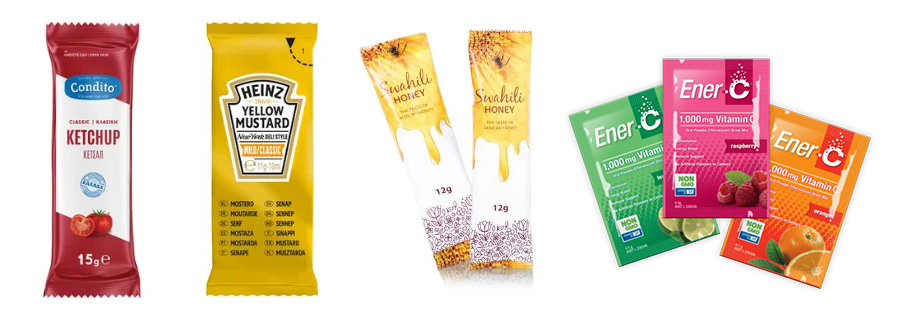Landfills overflowing with plastic, customer backlash over non-recyclable materials, and rising disposal costs—poor recyclable packaging choices plague businesses. In today’s eco-conscious market, companies are faced with relentless pressures: environmental harm, governmental pressure, and packaging that fails to align with consumers’ values. Recyclable packaging solutions offer a powerful answer, blending sustainability, functionality, and brand equity. With compelling benefits of recyclable packaging, especially for recyclable product packaging, these innovative solutions turn waste problems into opportunities for growth and trust.
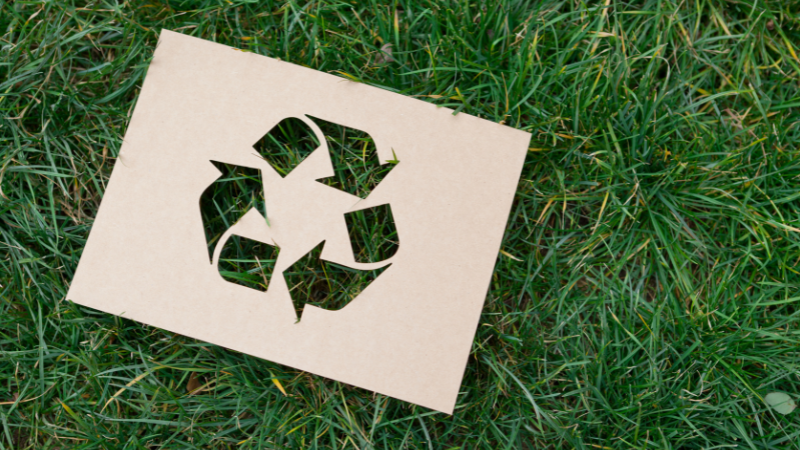
The Devastating Toll of Non-Recyclable Packaging
Packaging waste is a crisis with far-reaching impacts. An environmental study in 2024 estimates 8.5 million metric tons of plastic waste flow into oceans annually, much of which comes from non-recyclable packaging. Consumers notice—71% boycott brands with unsustainable packaging, based on a 2024 consumer survey. Regulatory fines for misleading eco-claims are on the rise, with companies facing up to $50,000 in fines for greenwashing, based on 2023 regulatory filings. Non-recyclable products bloat waste costs, with 15% of small businesses facing budget strain, based on a 2024 packaging study. Poor packaging also hurts shelf presence, at a cost of 16% of sales compared to sustainable alternatives, based on retail data. Such issues demand instant recyclable packaging solutions.
Why Recyclable Packaging Leads
Recyclable packaging redesigns the presentation and protection of products. Constructed of mono-material films like polyethylene or bio-based plastics, these offerings are curbside recyclable with little to no landfill waste. Unlike multi-layer plastics, recyclable product packaging is resilient with layered structures—polyester for strength, polyethylene for sealability—without sacrificing recyclability. Lightweight and versatile, they lower shipping expenses by 20%, per a 2024 logistics study, and their contemporary designs provide added shelf presence, making them ideal for food, cosmetics, and more.
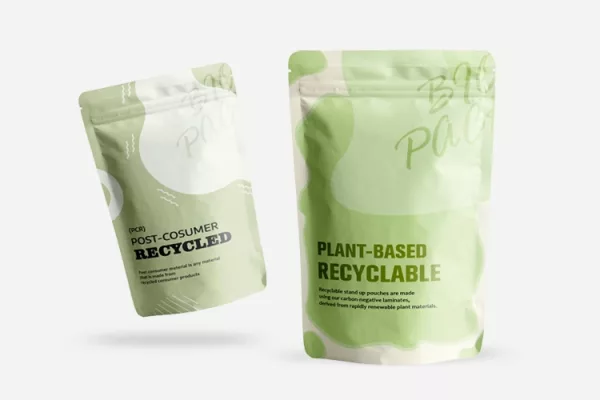
The benefits of recyclable packaging are unmistakable:
-
Environmental Impact: Reduces landfill waste, addressing the concerns of 78% of consumers who prefer sustainability, as per a 2024 retail study.
-
Brand Loyalty: Eco-friendly packaging builds trust, increasing repeat purchases by 19%, as per market research.
-
Cost Efficiency: Lightweight materials save production and shipping costs by 14% compared to rigid plastics.
-
Regulatory Compliance: Meets strict regulations like the EU’s Packaging Waste Directive, avoiding fines.
A snack granola brand with recyclable packaging, for instance, markets its commitment to the planet while offering a cheerful, durable pouch that appeals to environmentally conscious consumers.
Recyclable Product Packaging: Customized Sustainability
Recyclable product packaging is customized to suit diverse applications, from coffee to skin care. Features like resealable zippers, spouts, or vacuum seals offer functionality without compromising recyclability. A 2024 retail study found recyclable pouches increase consumer preference by 26% over non-recyclable counterparts since they provide eco-appeal and convenience. A beverage brand that adopts recyclable packaging solutions with spouts for juices, for example, reduces waste and enhances usability, increasing 17% more sales, as per industry statistics. Unlike traditional plastics, which clog recycling streams, recyclable mono-materials make disposal easier, so they are the basis of recyclable packaging solutions today.
Overcoming Recyclable Packaging Challenges
While recyclable packaging is innovative, it is not immune to challenges. Mono-material films are pricier, with a production cost hike of 18% for small batches, states a 2023 packaging report. Limited local recycling capabilities result in 60% of “recyclable” packaging finding its way into landfills, states a 2024 waste report. Complex designs confuse consumers, reducing proper disposal rates, and weak barriers undermine product spoilage. These challenges undermine the efficacy of recyclable packaging solutions.
Proven solutions address these difficulties:
-
Cost Management: Use digital print for small runs, setup costs are 22% lower. Standard recyclable films cost 12% less than bio-based ones.
-
Increase Recycling Access: Partner with store drop-off programs for multi-layer films and include clear disposal labeling. Labeled pouches of a coffee brand raised recycling rates by 15%.
-
Improve Barriers: Use high-barrier mono-materials like EVOH to protect products. A nut brand reduced spoilage by 10% with high-strength films.
-
Simplify Design: Utilize simple-to-use zippers or tear notches. Simplified pouches from a cosmetics company enhanced user satisfaction by 16%.
By addressing these challenges, companies can realize the complete benefits of recyclable packaging, supplying sustainable, high-performance solutions.
Strategies to Execute Recyclable Packaging Solutions
To carry out recyclable packaging for products effectively, companies must follow a strategic roadmap:
-
Match Material to Product: Use high-barrier films for coffee, low-weight ones for snacks. Six-month freshness test.
-
Test Compatibility: Verify local recycling centers to decide disposal. One pet food company saved 8% waste by aligning with curbside programs.
-
Enhance Branding: Use 300 DPI printing for vibrant designs. A skincare company’s eco-friendly pouches increased shelf pick-up by 18%.
-
Educate Consumers: Include bold labels like “Curbside recyclable” to guide disposal. Accurate labeling improves recycling accuracy by 13%, based on a 2024 study.
-
Pilot and Refine: Pilot test prototypes with target audiences to optimize usability. A pilot conducted by a beverage company showed that spouts outperformed zippers for juices.
A snack company launching recyclable packaging solutions can test mono-material, resealable pouches with large recycling labels, finding that they reduce costs and boost repeat purchases by 20%. Data-driven iteration ensures recyclable packaging has maximum impact.
The Competitive Edge of Recyclable Packaging
Recyclable packaging is a competitive edge. Its utility and sustainability resonate with consumers, with 73% of consumers choosing eco-friendly pouches, based on a 2024 consumer survey. Retailers appreciate the space-saving, organized presentations, with a 22% increase in sales compared to non-recyclable packaging, as per retail reports. Eco-friendly designs address the needs of the 80% of customers who are willing to pay a premium for sustainable products, as per industry reports. By removing waste, cost, and usability issues, recyclable packaging solutions position businesses as visionary leaders in an eco-conscious market.
Enter a Greener Future with Recyclable Packaging
Recyclable product packaging transforms waste issues into opportunities, delivering sustainable, durable, and consumer-friendly recyclable packaging solutions. With compelling benefits of recyclable packaging, organizations can reduce environmental impact, build trust, and streamline operations. Apply these solutions today—your brand deserves packaging that saves the world and propels your success.

